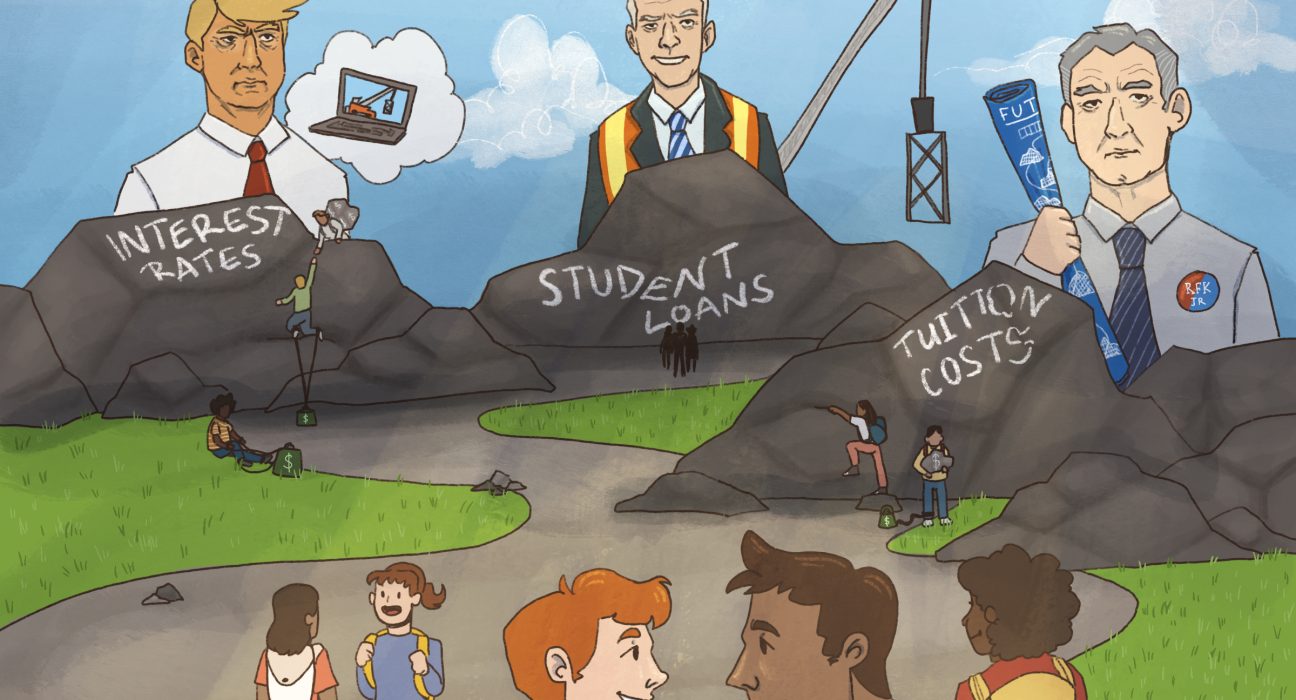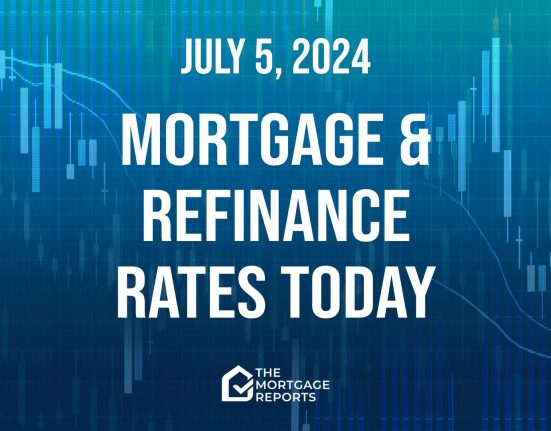As the 2024 presidential election approaches, the issue of higher education affordability has taken center stage. President Joe Biden, presumptive Democratic nominee, former President Donald Trump, presumptive Republican nominee and independent candidate Robert F. Kennedy Jr. have each proposed plans to address the growing student debt crisis.
Biden has prioritized affordable higher education in his latest budget proposal, aiming to reduce college costs and ease the student debt burden. The budget includes a $12 billion devoted to the Reducing the Costs of College Fund to lower expenses through initiatives like the Classroom to Career Fund for career-connected dual enrollment. It would eliminate loan origination fees, increase the maximum Pell Grant by $100, which would assist 7.2 million students, and further expand Pell availability after a recent $900 increase.
The plan would make community college free through federal-state partnerships and subsidize two years at historically Black colleges and universities, tribally controlled colleges and universities and minority-serving institutions for families earning less than $125,000 annually. Additionally, it aims to boost equity by increasing funding for those institutions’ research infrastructure and providing $1.4 billion to National Science Foundation STEM workforce programs emphasizing diversity, equity and inclusion.
On April 8, President Biden visited Madison, Wisconsin to unveil his Student Loan Debt Relief Plan, which aims to cancel widespread student debt.
“The ability for working- and middle-class folks to repay their student loans has become so burdensome a lot can’t repay it for even decades after being in school,” Biden said. “Even when they have worked hard and pay their student loans, their debt increases, not diminishes.”
The centerpiece of Biden’s announcement is the new student debt cancellation plan, which aims to cancel up to $20,000 of unpaid interest accrued for an estimated 23 million low- and middle-income borrowers enrolled in income-driven repayment plans. Eligibility would cover single borrowers earning $120,000 or less and married borrowers earning $240,000 or less.
No application would be required, as the Department of Education plans to use data it has on hand to automatically provide interest cancellation relief to millions of borrowers whose loan balances have ballooned over years of accruing interest charges despite making payments. The plan builds on Biden administration efforts like the SAVE Plan which helps prevent future interest capitalization and has already canceled interest for 4.5 million borrowers to date.
Biden has also proposed additional initiatives to lower education costs and expand free access to community colleges. This includes subsidizing tuition for families earning under $125,000 annually and establishing a $12 billion “Reducing the Costs of College Fund.” The fund would create a $7.2 billion program providing matching grants to states that offer at least 12 free credits for career-oriented postsecondary programs.
Trump has been a vocal critic of widespread student loan debt forgiveness. During a campaign event in June 2023, he celebrated the U.S. Supreme Court’s rejection of Biden’s plan to cancel up to $20,000 in debt for millions of borrowers.
“Today, the Supreme Court also ruled that President Biden cannot wipe out hundreds of billions, perhaps trillions of dollars, in student loan debt,” Trump said. “(It) would have been very unfair to the millions and millions of people who paid their debt through hard work and diligence.”
Additionally, his Department of Education delayed processing thousands of borrower defense to repayment claims during his term, which allowed defrauded students to seek loan discharges. Trump also proposed ending the Public Service Loan Forgiveness program that provides forgiveness to those working in qualifying public service jobs after making payments for 10 years.
Kennedy Jr., who will appear on Michigan’s presidential ballot, aims to reduce student loan burdens by allowing refinancing at lower interest rates and advocating for legislation to abolish interest on all student loans. He also supports expanding funding and opportunities for trade-based educational programs, such as electrical, plumbing and automotive repair, as alternatives to traditional four-year degrees. In 2021, the No Student Loan Interest Act, that Kennedy supported, was rejected because Congress did not approve it. Kennedy Jr.’s campaign places responsibility for student loans on universities rather than banks, incentivizing higher-education institutions to lower tuition costs.
In an interview with The Michigan Daily, LSA sophomore Jacob Kolean said he believes Biden provides the most efficient higher education plan.
“I think for the effectiveness of what we’re doing and lifetimes that we’re in currently, the most effective and most beneficial for us would be Biden’s plan to subsidize schooling and cancel student debt,” Kolean said. “(It) makes sure that students can go to school and be debt-free afterward.”
Kolean said he is curious as to why college has become so expensive and what the government can effectively do to address that issue.
“There needs to be an in-depth look at why colleges are so expensive and what the government can effectively do for that,” Kolean said. “I don’t necessarily know that the debt relief — through the government and through faster and other related organizations — is the best move, but it is the short-term solution.”
Daily Staff Reporter Sophia Mottola can be reached at msophy@umich.edu.







